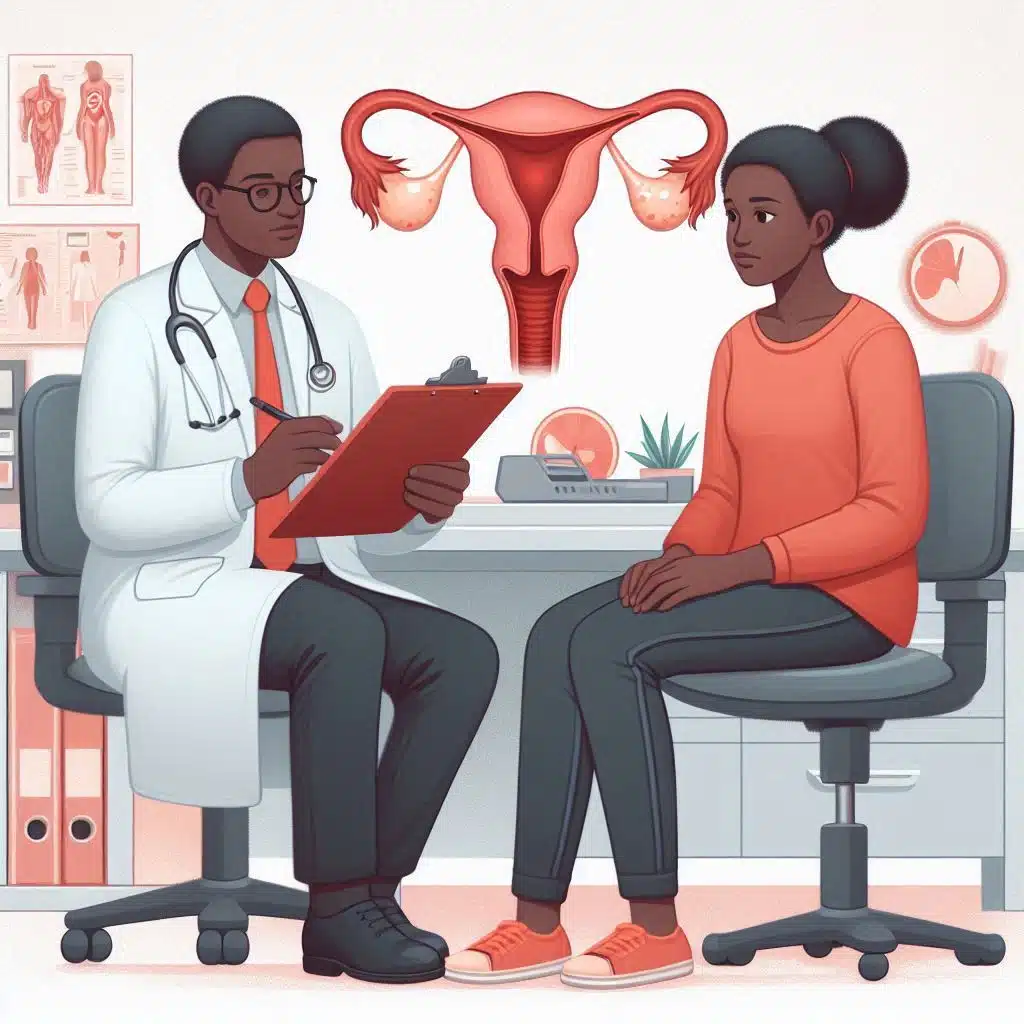
Fibroid Diagnosis: Your Complete Guide to What Happens During a Medical Evaluation
If you’ve been experiencing heavy or painful periods, bloating, or pelvic discomfort, you might be wondering if fibroids are the cause. The thought of visiting the doctor can be daunting, but understanding what happens during a medical evaluation for fibroids can ease your worries and empower you to take charge of your health.
What Are Uterine Fibroids?
Uterine fibroids are non-cancerous growths that develop in or on the uterus. They can vary in size, number, and location, leading to a range of symptoms. Common signs include heavy menstrual bleeding, pelvic pain, and frequent urination. It’s important to address these symptoms early to avoid complications and improve your quality of life.
Initial Consultation: What to Expect
Your journey begins with an initial consultation at South Shore Women’s and Children’s Hospital. During this visit, your gynaecologist will take a detailed medical history and ask about your symptoms. Be prepared to discuss:
- The nature and duration of your symptoms
- Your menstrual cycle history
- Any family history of fibroids or other gynecological conditions
- Previous surgeries or treatments
Physical Examination
Following the consultation, your doctor will perform a physical examination. This includes a pelvic exam to check for abnormalities in the uterus. While this might be uncomfortable, it provides essential information about the size and shape of your uterus.
Diagnostic Tests and Imaging
To confirm the presence of fibroids and determine their size, location, and number, your doctor may recommend any of these diagnostic tests. These tests are crucial for an accurate diagnosis and effective treatment plan:
1. Ultrasound
An ultrasound uses sound waves to create images of your uterus. This non-invasive test helps visualize fibroids and assess their impact on your uterine lining.
2. MRI (Magnetic Resonance Imaging)
An MRI provides detailed images of your uterus and surrounding structures. It’s particularly useful for mapping fibroids before surgery and determining the best treatment approach.
3. Hysterosonography
Also known as saline infusion sonography, this procedure involves injecting saline into the uterus to enhance ultrasound images. It helps identify submucosal fibroids that might not be visible on a standard ultrasound.
4. Hysteroscopy
During a hysteroscopy, a thin, lighted tube is inserted through the vagina and cervix into the uterus. This allows the doctor to view the inside of the uterus directly and identify fibroids or other abnormalities.
5. Laparoscopy
Laparoscopy is a minimally invasive procedure where a small incision is made in the abdomen, and a camera is inserted to view the uterus and surrounding organs. It’s useful for diagnosing fibroids on the outer surface of the uterus.
Blood Tests
In addition to imaging, your doctor may order blood tests to check for anemia caused by heavy menstrual bleeding. Hormonal tests might also be performed to rule out other conditions that could mimic fibroid symptoms.
Discussing Your Results
Once all tests are completed, your doctor will review the results with you. This discussion is crucial for understanding the nature of your fibroids and the best course of action. Your personalized treatment plan may include:
- Medication: To manage symptoms or shrink fibroids temporarily.
- Non-invasive procedures: Such as Uterine Fibroid Embolization (UFE) to block blood flow to fibroids.
- Minimally Invasive Surgery: Procedures like laparoscopic myomectomy or hysteroscopic myomectomy, which involve small incisions and typically offer quicker recovery times compared to traditional surgery.
- Surgical Options: Including myomectomy (fibroid removal) or hysterectomy (uterus removal).
Why Choose South Shore Women’s and Children’s Hospital?
At South Shore Women’s and Children’s Hospital, we are dedicated to providing comprehensive care for women’s health issues, including fibroids. Our experienced team of gynaecologists and state-of-the-art facilities ensure you receive the highest quality care tailored to your needs.
We understand that dealing with fibroids can be overwhelming, but you don’t have to face it alone. Our compassionate staff is here to guide you every step of the way, from diagnosis to treatment and beyond.
Take the First Step Towards Better Health
Don’t let fibroids control your life. If you’re experiencing symptoms or have concerns about fibroids, schedule an appointment with us today. Call our customer care line at 09069712277 or visit our clinic at 6B Goriola Street, Victoria Island, Lagos for a comprehensive evaluation or for a second opinion.
Your health and well-being are our top priorities. Let us help you take the first step towards a healthier, happier future.

